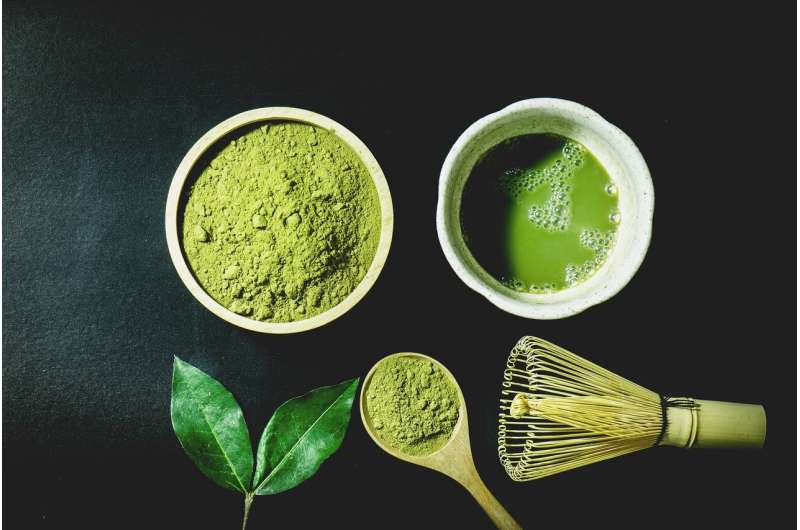Study Highlights U.S. Women's Lack of Knowledge and Feelings of Confusion About Menopause

A recent survey shows many U.S. women feel lost and under-informed about menopause, emphasizing the need for better education and openness about symptoms and treatment options.
A recent survey conducted by Ohio State University reveals that many women in the United States are feeling overwhelmed and uncertain about menopause, highlighting significant gaps in their understanding of this natural life stage. The survey, which polled 1,068 women in February, found that over 60% of participants expected to experience menopause symptoms between ages 41 and 50, while 26% believed symptoms would not start until after age 50. However, in reality, perimenopause symptoms can begin as early as the mid-30s, with changes in menstrual cycles and subtle mood or cognitive shifts often being overlooked due to lack of awareness.
Experts emphasize the crucial role of education in empowering women to recognize early menopause signs and understand associated health risks. Although most women know about hot flashes, fewer are aware that menopause can also increase risks for heart problems and tinnitus, with older women being less familiar with symptoms like hair loss, forgetfulness, and tinnitus. Many women are also not confident in the safety and effectiveness of treatment options such as hormone replacement therapy (HRT), with only 25% recognizing HRT as safe. Health professionals advocate for better communication about the benefits and risks of HRT, which can help with symptoms and prevent bone loss, despite potential risks like heart disease and certain cancers.
Additionally, lifestyle modifications involving diet and exercise are underappreciated strategies for symptom management. Experts call for enhanced conversations between healthcare providers and women, focusing on lifestyle changes that promote healthier aging. Increasing awareness can reduce anxiety surrounding menopause, fostering a more positive perspective on aging. Studies indicate that cultural attitudes toward aging influence symptom perception, with societies valuing the elderly experiencing less negative impacts. Overall, increasing education and open dialogue can help women navigate menopause with confidence and improved well-being.
Stay Updated with Mia's Feed
Get the latest health & wellness insights delivered straight to your inbox.
Related Articles
The Impact of Performative Eating on Modern Food Habits
Explore how performative eating influenced by social media and trends is reshaping our relationship with food, affecting health, identity, and social dynamics.
Sedentary Lifestyle Identified as a Key Risk Factor for Alzheimer's Disease in 7-Year Study
A 7-year study links sedentary behavior to increased risk of Alzheimer's disease, emphasizing the importance of reducing sitting time to protect brain health in older adults.
Maintaining a Healthy Lifestyle May Reduce the Risk of Overactive Bladder
A new study shows that adopting a healthy lifestyle, including smoking cessation, balanced diet, regular exercise, and healthy weight, can significantly lower the risk of developing overactive bladder. Learn how lifestyle changes can promote urinary health.
Boosting Health and Mobility with E-bike Incentives
Income-based e-bike rebates in British Columbia are promoting healthier lifestyles, reducing transportation costs, and lowering environmental impact by encouraging more residents to adopt electric bicycles for daily travel.



